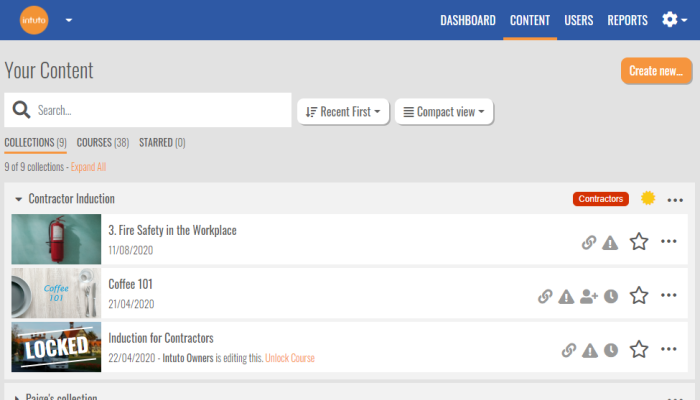March Release - Enrolment Management Updates
What's New? You asked - and we've answered! The ability to archive course members is now here. This means you can archive participants who no longer...
5 min read
 Hannah Warren
:
Apr 20, 2021 10:00:00 AM
Hannah Warren
:
Apr 20, 2021 10:00:00 AM

So you’ve designed and created a fantastic online coaching course (or courses!) that will help you grow your business without spending more time with clients. To maximise the impact of using your online courses to scale growth, there are a few more steps to take.
One of the hardest decisions you’ll make is how to price your online course. Don’t just pluck a number out of the air, as it will have a long term impact on your business, from the kind of customers you attract, to the amount of support you can offer and, of course, the revenue you’ll generate.
If you charge too little, you reduce the perceived value of your course and attract lower value clients, but if you charge too much, you’ll price yourself out of the market and have to drop your price, which looks bad.
Look at what similar courses are charging and decide whether you’re worth more (maybe you’re a more qualified expert, or you’ll offer extra one-on-one time) or less than them (if your course will be entirely self-guided, for example).
If you're selling your course to a business, you might want to look at pricing your course based on a subscription model (potentially as an additional service offering) or on a per user basis. You'll need to accurately track all the people that are enrolled in your course and how they are benefiting from it. Most businesses will want to see results for the coaching you provide to them, and giving them a report at the end of the course is a great way to demonstrate this. Intuto has extensive reporting features that allow you sort by course, collection and report on an individual user.
When in doubt, start with a lower price or "launch special". You can always increase your price over time, but starting high and having to discount it shortly afterwards will only create ill feeling towards you from anyone who purchased at the higher price.
So you’ve done your research, planned your curriculum, created your course and stuck a price on it. What next?
The first step is to create an online presence. You can approach existing or past clients and let them know about your new online coaching course. Market it as a “refresher” or “advanced” course and offer them a discount on the ticket price.
Then build on your client base. The smartest way to do that is by leveraging an existing complementary community.
For example, if you’re a business coach, look at small-business Facebook groups or LinkedIn groups and market to the members. Or approach a small-business focused podcast or blog and offer a guest episode. Right there, you’ve got a group of people who are interested in improving their businesses and are already using tech platforms to do it – they’re your exact audience for online coaching.
Then, use your existing and new clients to create a community (again, Facebook or LinkedIn is a good option for this) and work on organic growth.
To do this, you’ll need to:
Email direct marketing is a great way to advertise new or updated courses to a group of people who you already know are interested in what you’re selling. Creating a database of email addresses of people who have done or expressed interest in your courses and sending a regular newsletter with relevant and interesting content, special deals and new courses will keep existing clients engaged and entice new ones.
You could also give your clients access to few snippets of your online course, so that you already get some feedback and build excitement for the day your course is fully released.

Once you've got an established brand and assets like a great website and a solid client base, you’re in a great position to begin selling your course. Some of the things we would recommend if you're in this position are as follows:
When your online coaching course starts selling like hotcakes, you’ll want to streamline your onboarding process for maximum efficiency.
Make sure your website is as clear as possible so information is easy to find and understand, including:
Then, when a client registers, send them an (automated) detailed email welcoming them to the course. You can include:
You may also want to invest in a few project management tools to help you work smarter not harder.
Automation is one of the single easiest ways to scale up your business. As we said earlier, if you’re sending responses to the same emails over and over again, create a template and use a CRM system to create workflows. If you’re spending a lot of time managing your accounts, get a software that takes over the process. If your to-do list is largely done on the back of receipts that you often lose, get a project management tool. If you’re getting bogged down in the minutiae of your business when you could be working on high-value activities, consider hiring an assistant (or virtual assistant).
If you feel like you’re ready to scale up your coaching business with online training courses, meet with us with us today to find out more about how Intuto can help you grow.
What's New? You asked - and we've answered! The ability to archive course members is now here. This means you can archive participants who no longer...
Now that you've decided how to price your content, here's how to sell your Intuto courses online. One of the greatest benefits of online training...

Adding Course Collections to the Content page We are excited to announce the release of a brand new content page that integrates collections and...